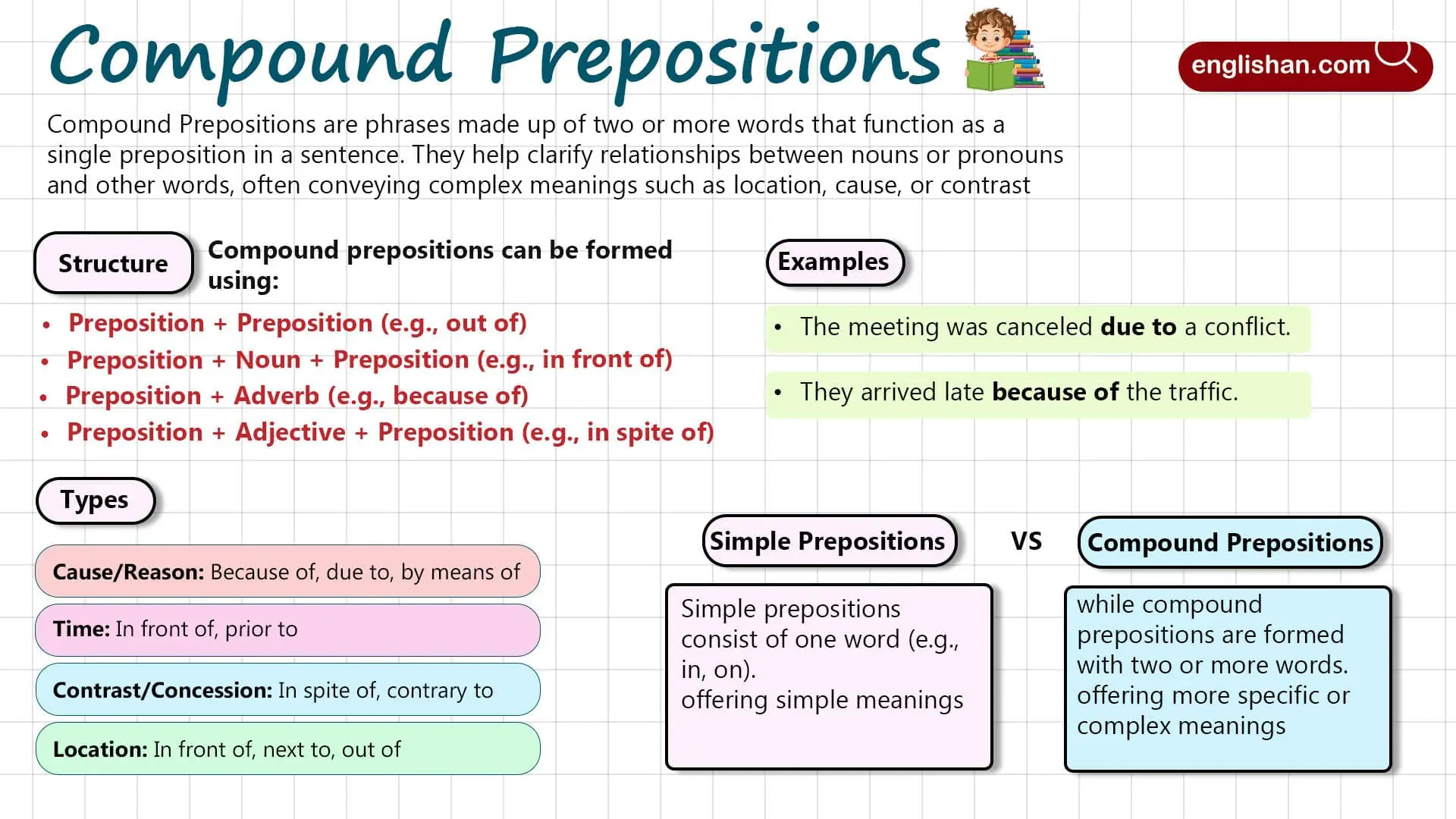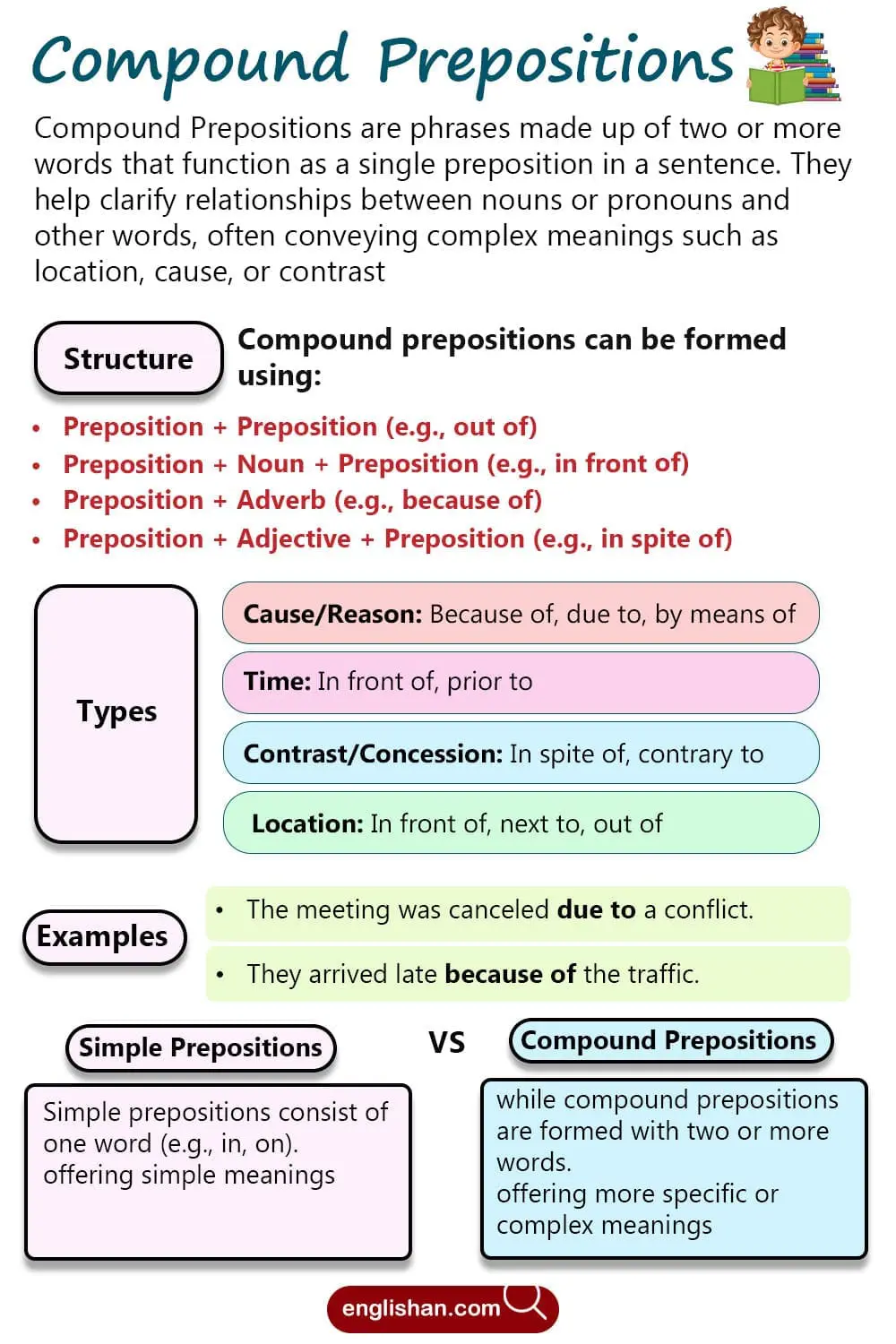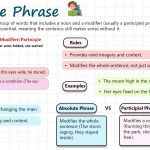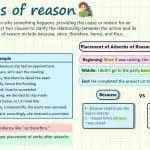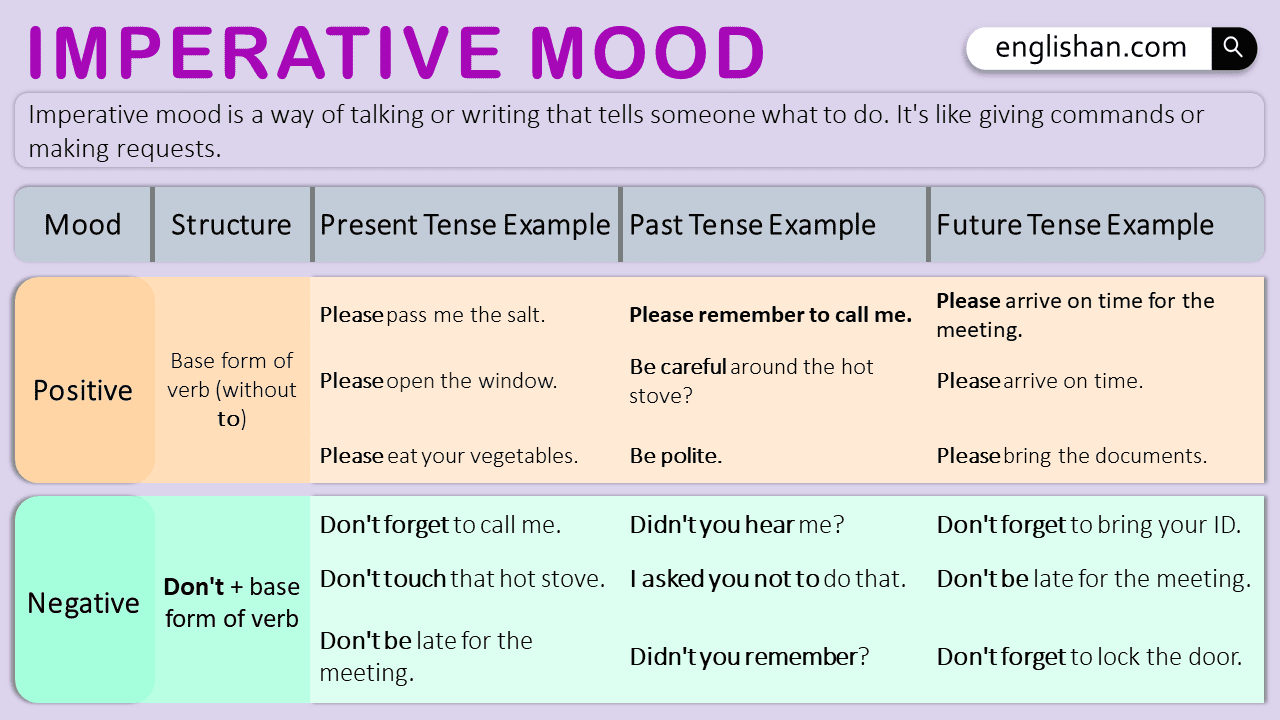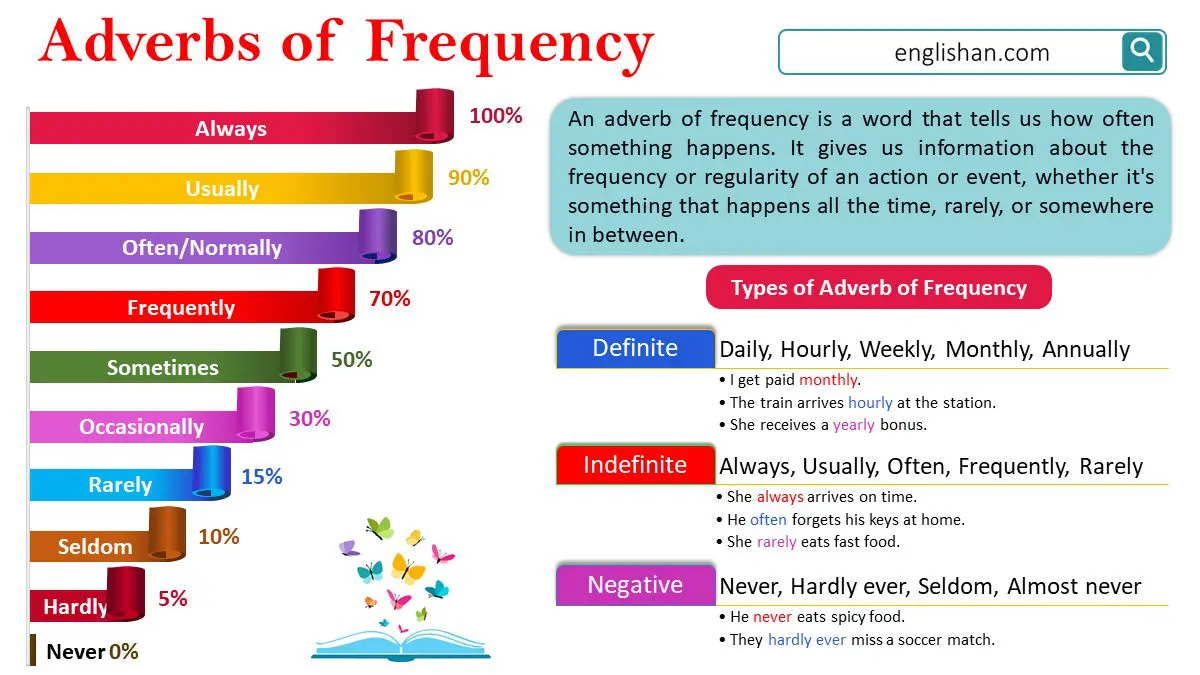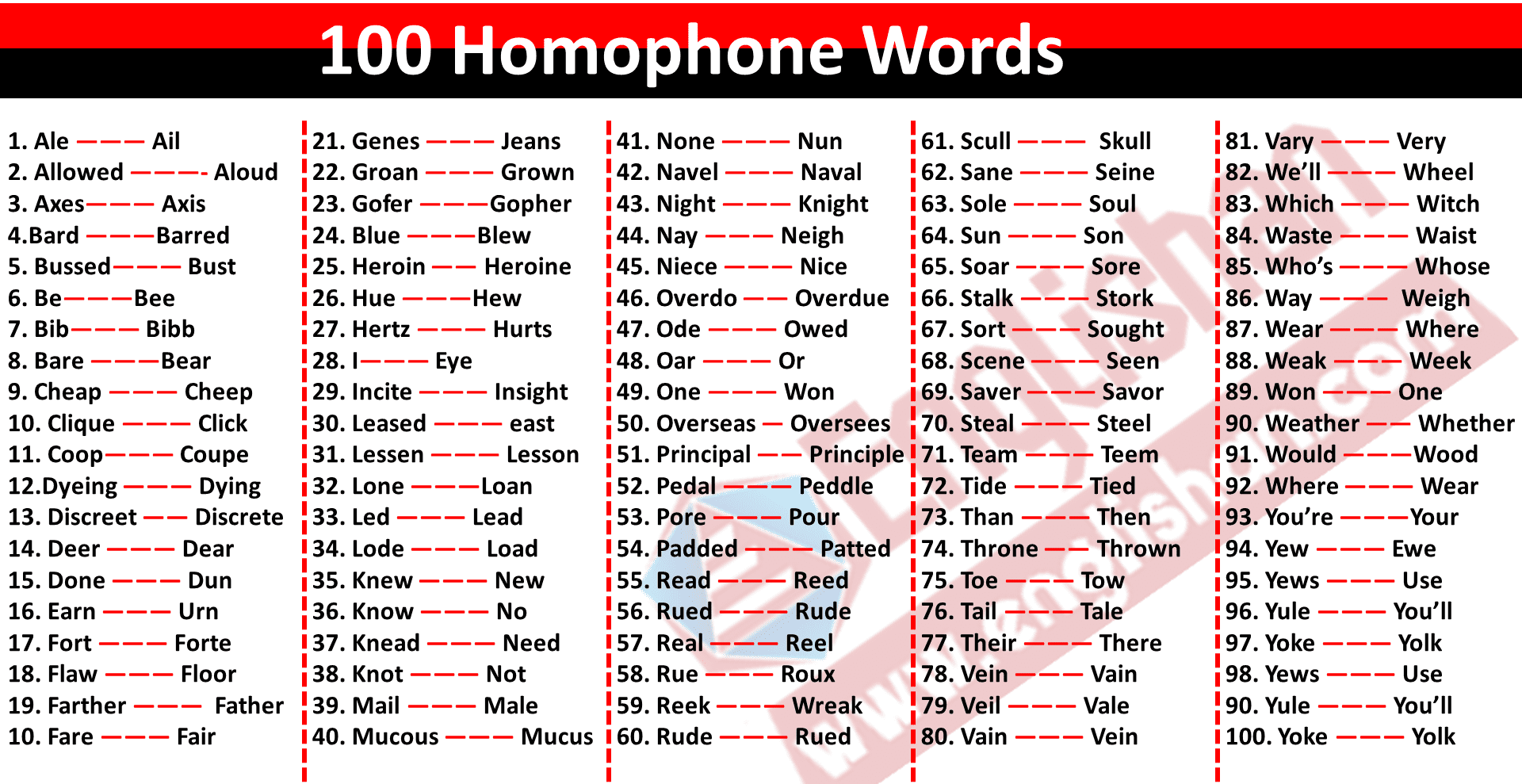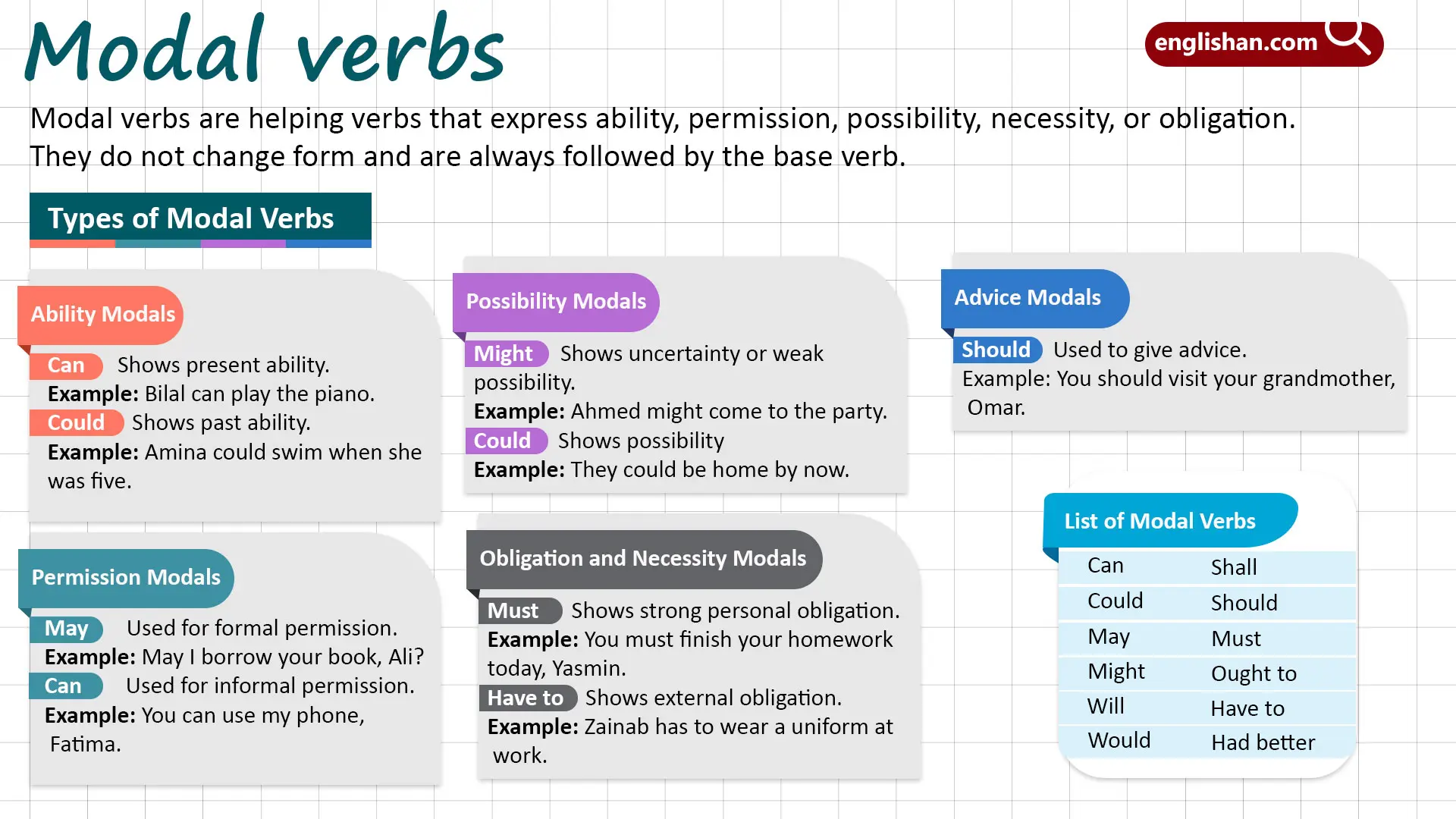Prepositions are words that show the relationship between nouns or pronouns and other words in a sentence. They typically indicate direction, location, time, or manner. Compound prepositions are formed by combining two or more words to function as a single preposition, helping to clarify the meaning of a sentence. In this article, we will explore compound prepositions in English grammar with clear explanations and examples to help learners grasp the concept easily.
What Are Compound Prepositions?
Compound prepositions, also called complex prepositions, are prepositions that consist of two or more words. These words typically include simple prepositions combined with other words like adverbs or conjunctions to form a meaningful prepositional phrase. They function just like simple prepositions but offer more specific context or meaning.
List of Compound Prepositions
- According to
- Ahead of
- Along with
- Apart from
- As for
- As of
- As per
- Aside from
- Because of
- By means of
- Close to
- Contrary to
- Due to
- Except for
- In addition to
- In back of
- In case of
- In comparison with
- In consequence of
- In favor of
- In front of
- In lieu of
- In line with
- In place of
- In regard to
- In spite of
- In view of
- Instead of
- Near to
- Next to
- On account of
- On behalf of
- On condition of
- On top of
- Out of
- Owing to
- Prior to
- Regardless of
- Thanks to
- Up to
- With regard to
- With respect to
- In return for
- In respect to
- In accordance with
- In the middle of
- On the part of
- In relation to
- In furtherance of
- With reference to
- By way of
Commonly Used Compound Prepositions
Here are some of the most commonly used compound prepositions along with their examples:
| Compound Preposition | Example Sentence |
|---|---|
| According to | According to the news, it will rain tomorrow. |
| On behalf of | He spoke on behalf of the entire team. |
| In addition to | In addition to his job, he volunteers at a shelter. |
| By means of | The project was completed by means of hard work. |
| Out of | She acted out of kindness. |
| In case of | In case of emergency, call 911. |
| In spite of | They went for a walk in spite of the rain. |
| Due to | The flight was delayed due to bad weather. |
Formation of Compound Prepositions
Compound prepositions are formed by combining two or more words, typically prepositions, adverbs, or conjunctions, that work together to function as a single preposition. These combinations create a prepositional phrase that conveys more specific meaning than a simple preposition alone.
Common Patterns for Compound Prepositions
- Preposition + Preposition:
- Examples: Out of, From within
- Preposition + Noun + Preposition:
- Examples: In front of, On behalf of, In place of
- Preposition + Adverb:
- Examples: Because of, Apart from
- Preposition + Adjective + Preposition:
- Examples: In spite of, In accordance with, In favor of
List of 2 and 3 Words Compound Prepositions
| Two-word Prepositions | Three-word Prepositions |
|---|---|
| According to | As well as |
| As for | Because of |
| As to | By virtue of |
| Due to | During the course of |
| Instead of | In accordance with |
| Before | In conjunction with |
| Ahead of | In excess of |
| As of | In favor of |
| Apart from | In order to |
| As regards | In receipt of |
| Outside of | With respect to |
| Regardless of | With regard to |
| Aside from | With reference to |
| Because of | In terms of |
| Owing to | In front of |
| After | In relation to |
| In between | By means of |
| Except for | With relation to |
| In line with | |
| On top of | |
| On behalf of | |
| Using |
Simple Vs Compound Prepositions
A simple preposition consists of just one word (e.g., at, on, in), while a compound preposition is formed by combining two or more words. Although both function as prepositions, compound prepositions tend to express more complex relationships between the elements in a sentence.
For instance:
- Simple Preposition:
He is at school. - Compound Preposition:
He is standing in front of the school.
Both sentences indicate the position of “he,” but the second sentence gives a more detailed description of his location relative to the school.
Types of Compound Prepositions
Compound prepositions can often be grouped into specific categories based on the relationship they express. Here are some common types:
- Prepositions of Cause (show reason or cause):
- Because of
- Due to
- By means of
- Prepositions of Time (indicate a time relation):
- In the course of
- Prior to
- In front of
- Prepositions of Contrast/Concession (show opposition):
- In spite of
- Despite
- Contrary to
- Prepositions of Location (indicate position):
- In front of
- Next to
- Out of
FAQs
A compound preposition is a group of words that shows how things are related in a sentence. It’s like a preposition made of two or more words.
Here are some examples:
In front of
Because of
On top of
In place of
Out of
Due to
These phrases help explain how one thing is connected to another.
Here are some examples of prepositions:
In
On
At
By
With
Under
Over
Between
Through
Around
Prepositions show how things are related, like where something is or when it happens.
A compound object of a preposition is when two or more nouns or pronouns follow the same preposition.
Here’s an example:
He sat next to his mom and his brother.
In this sentence, “next to” is the preposition, and “his mom and his brother” are the compound objects.
The compound preposition in the example is “next to”. It is made up of two words that together show the relationship between the person and the objects (his mom and his brother).
Read More
